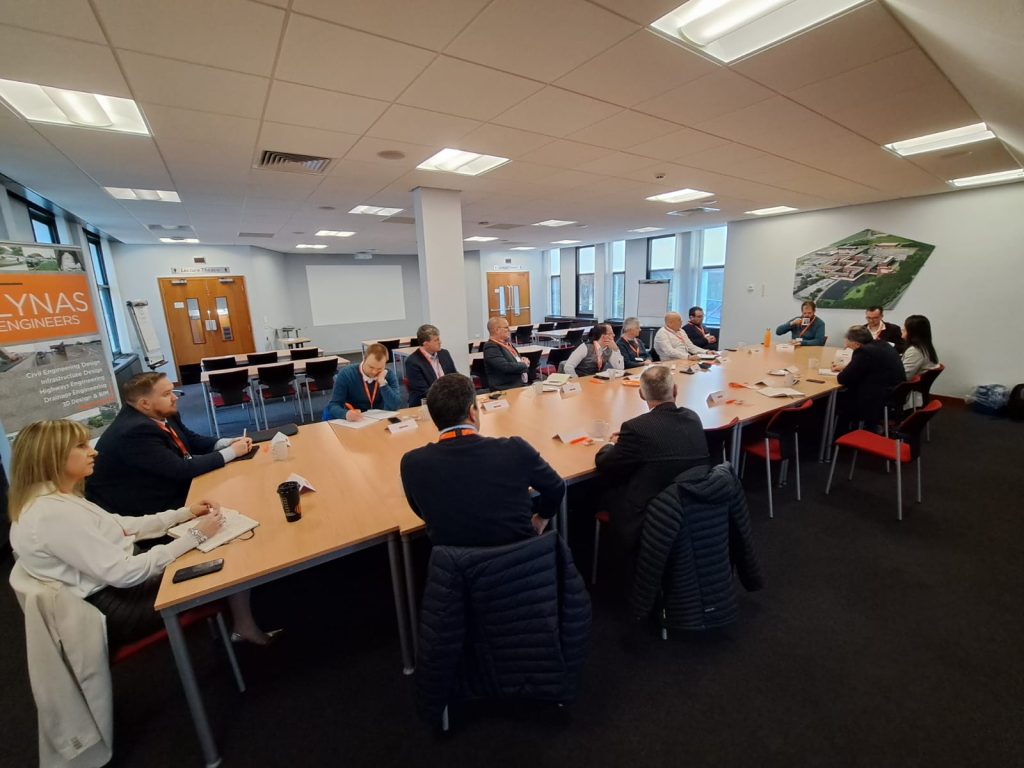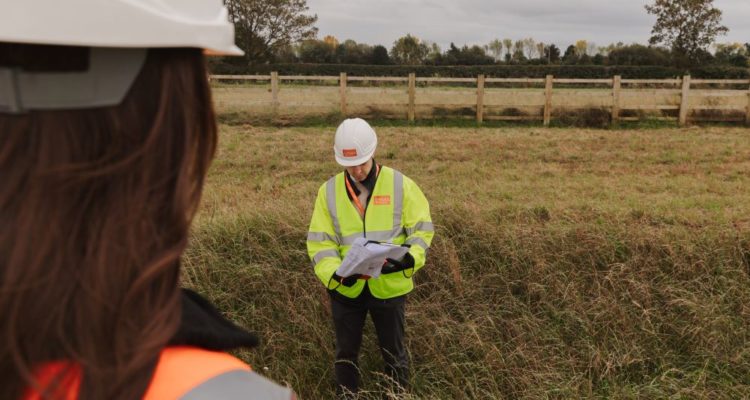Lynas Engineers Preferred Partners Convene to Tackle Carbon Zero for SMEs.

One of the biggest concerns facing SMEs and Carbon Zero, is determining how they can impact and influence as part of the global effort to support real change; as well as lessening their impact on our environment. There are so many goals, definitions and targets around ‘carbon zero’ that there is no standardised format we can all follow. But what we can do, we should.
Lynas Engineers’ Preferred Partners convened again this January to discuss these challenges and opportunities and share best practice. We were joined by Dr Ellis Marshall, Business Innovation Manager from Net Zero Industry Innovation Centre, who brought a refreshing aspect to the group with information on the history and future of the carbon zero journey across the North East.
The Net Zero Industry Innovation Centre (NZIIC) will help support the growth of net zero capabilities across the region through collaborative research and development, enhanced productivity, environmental and business sustainability.
Dr Marshall described the journey to Net Zero as akin to climbing Roseberry Topping, with the Industrial Revolution at its base, and 2050’s goal of Net Zero at the peak – we have to work together to achieve the peak, but also reverse the damage created by our joint history of heavy and pollutive industry, mining and manufacturing.
Businesses around the table all took part in engaging conversation on their own journeys to lower their carbon, develop greener practices and embrace future-proofing activities and technologies where they can. The overarching theme came from the desire to do more, but being restricted through cost of implementing many new technologies, or not being on the scale to adopt such practices.
However, Dr Marshall and the Partners concluded noting that where we can, we should reduce our carbon output –by assessing the process of each business and investigating the potential impact of the supply chain also. Small changes now can create big impacts in the coming years.
Deviating from core business activities, the Preferred Partners also identified a need to source, train and retain a workforce that is well-educated in the greener opportunities facing a business. John Cartwright, Head of Construction and the Built Environment at Hartlepool College of Further Education said, “This session is part of our labour market intelligence research – we know that in many areas, the syllabus we are teaching learners does not match the industry requirements – and we have heard today that it’s changing again, even though ‘sustainability’ has been a topic for more than 30 years, it’s not where it needs to be yet. That’s why events like these are great”.
Dr Marshall said, “[the] roundtable discussion was a great opportunity to meet a diverse selection of the region’s businesses and gain perspective on what the path to net zero will look like for each of them.”
Achieving Net Zero by 2050 is a staggering target and will require businesses of every size to work collaboratively with partners such as NZIIC in order to achieve it. The Preferred Partners programme is proud to help facilitate these relationships, supporting a stronger future through collaboration. Paul Jeffers from Mercury3 Consult said, “This was the first event I’ve attended, and thoroughly enjoyed the morning. The debate on Net Zero is one close to my heart, following my own studies, but the conversation around the room was really engaging and you could see the connections being made between different organisations”.



